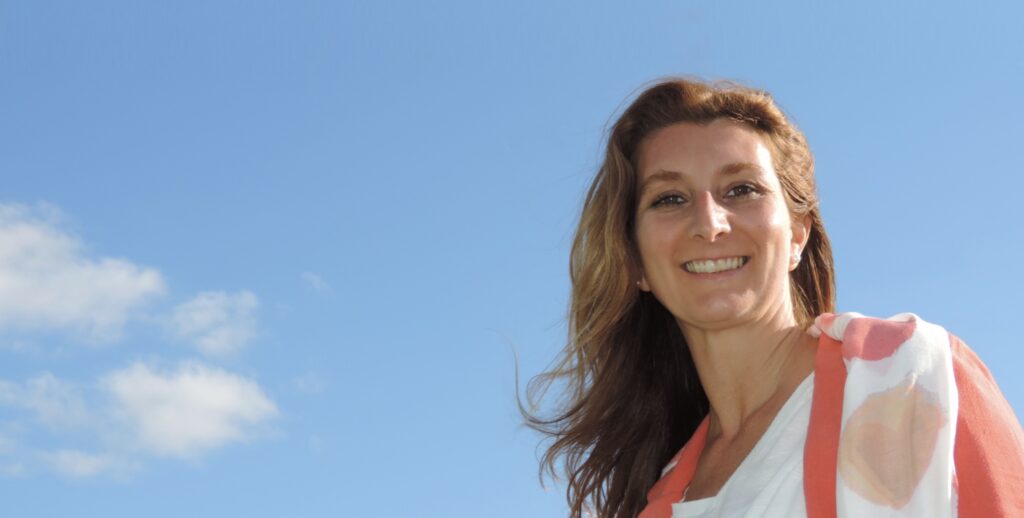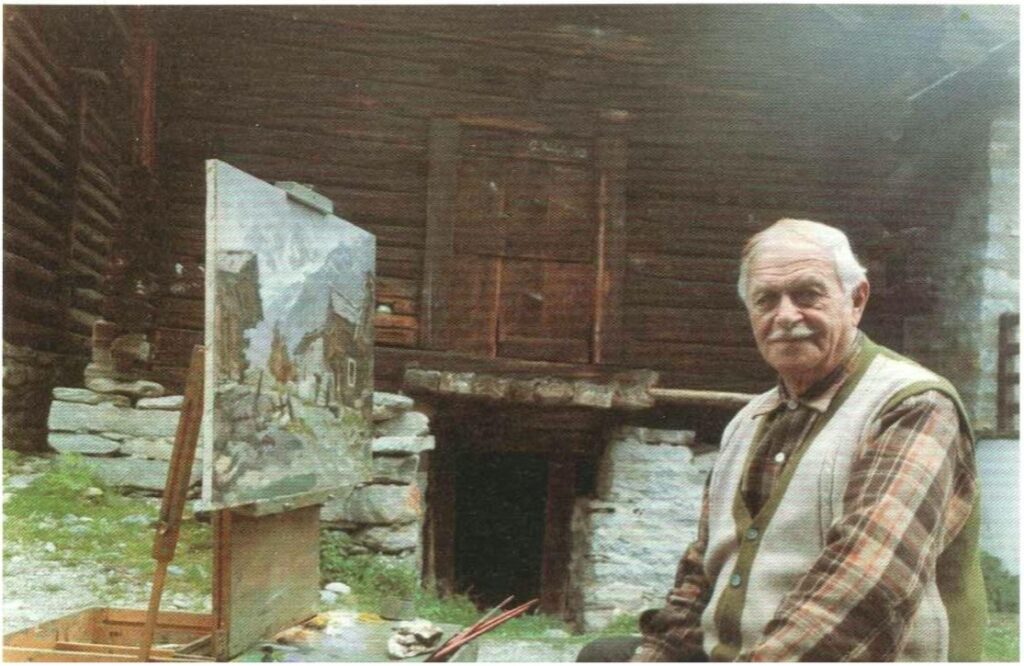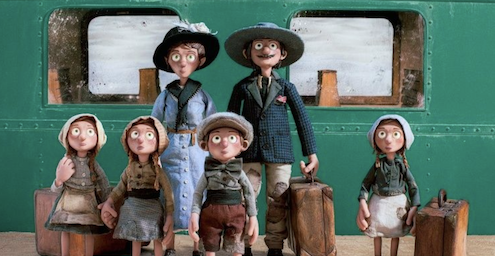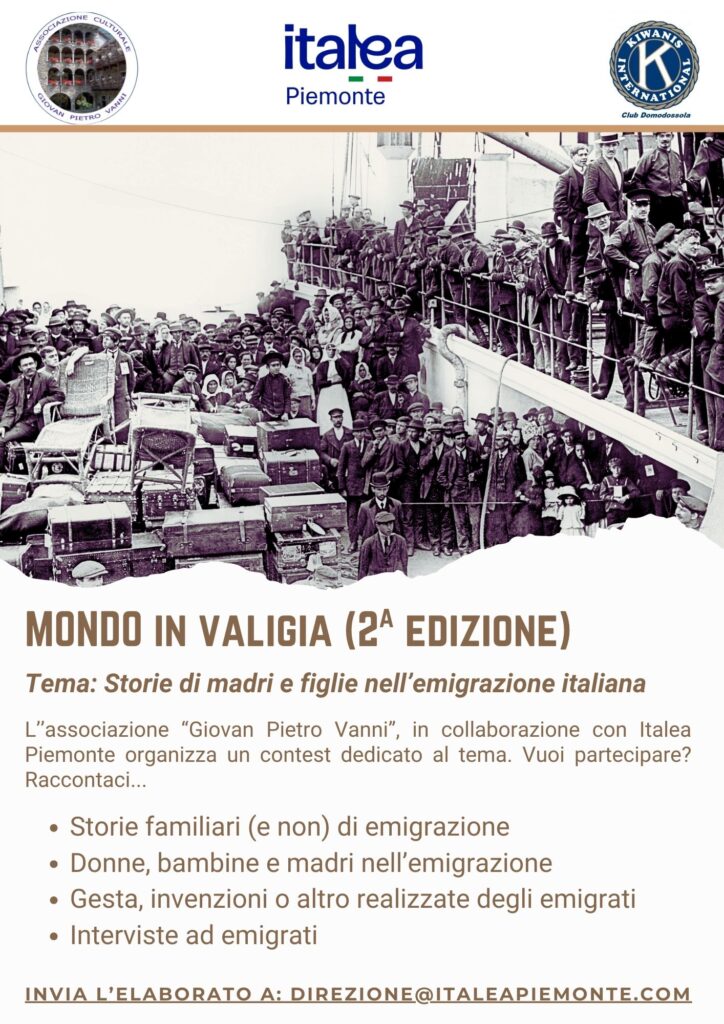The ‘World in a Suitcase‘ contest, created to celebrate Italian emigration and aimed mainly at schools, saw an unexpected but particularly touching participation. Erika Garimanno, a psychologist and Italian teacher who has long since moved to Mar del Plata, Argentina, wanted to share her life story and bond with Italy. His story, which explores the complex relationship between roots and new horizons, takes us on an emotional journey between Piedmont and Argentina, between memories and the present, between nostalgia for what has been left behind and therichness of a multicultural identity. Let’s find out his testimony together.
About thirty years ago my life changed completely.
I had never intended to live in another country and then I found myself, in no time at all, in Argentina; Here, on a warm autumn afternoon, as I galloped along the seashore, I felt that that pleasant and relaxed environment was inviting me to stay. It wasn’t difficult, I knew the country because I used to come to visit my maternal grandparents during the Italian Christmas holidays.
I am the daughter of an Italian-Argentine mother and an Italian father, born in Piedmont, where I lived for 20 years; in 1993 I arrived in Argentina, leaving behind the real Christmas, the white one, my beloved hills, my marshy rice fields, my snowy Alps. You might think that using a possessive adjective to describe these beauties might seem a bit presumptuous.
When you emigrate, you realize that what you didn’t consider so important before now becomes something precious, because here, on the other side of the ocean, everything is different. Each place has its own uniqueness and when you leave your land you have to deal with the new life and the past one, you have to give up and renegotiate; Reacculturating takes time.
In my case, language was never a problem, as I learned Spanish along with Italian and absorbed both cultures without difficulty. Yet I asked myself more than once which of the two countries I felt I really belonged to. So, to look for answers and give meaning to my life here in Argentina, I decided to study Psychology. I became passionate about university study and research on the complexity of the coexistence of multiple languages in one person, then focusing on the aspects related to the emigration of Italian-descendants to the city where I still live today. At the same time, having also a literary education, I dedicated myself to preparing myself to teach Italian to foreigners; Today these two passions are intertwined in my work. I listen to stories, tales, memories and desires and teach my language to feel closer to home and to help give a new meaning to stories of migration, whether they are chosen, forced or unexpected. The house can change and I have had many houses, but that symbolic and real place that represents refuge, security, intimacy and stability is always in a sort of inner battle. Nostalgia moves between the sea and the mountains, between the high-speed trains that take me to the big cities and the bus that travels calmly, offering me spectacular views and kilometers of silent Pampas.
Emigrating is like a headache and in fact its etymology explains that it means “half of the head”: so I found myself coming to terms with myself to keep that feeling and that feeling of division at bay, to be able to transform moments of nostalgia into moments of joy and inner peace, to tell how important it is to unite our roots with deep respect and recognition towards the countries we leave and that we inhabit.
So, what is life like in the new world? We set off in search of other Italians and the flavors that take us back in time. It is a journey that awakens the olfactory memory and reopens the drawer of memories linked to the sweet Grandmother Nina. Memories of when the fonzies were the prize for a good grade, of the licorice that the grandfather hid in the second tool drawer and of the puppy who religiously occupied his own space in the freezer, hidden behind the minced meat for the Sunday sauce. Cappeletti in broth are a must, perfect on cold winter evenings. Sometimes, these searches can take days and if in the end we don’t find exactly what we were looking for, we settle for something that resembles it.
But, we Italians abroad know it well: flavors are never like ours!
You look for the language, sometimes even the dialect, to reactivate the memory of the village festivals and then, you go to the countryside or at least you try to go to a countryside that does not exist; You go out of town, to discover that vegetable gardens are not cultivated in the same way.
When his maternal grandfather arrived in Argentina, in 1950, he knew how to garden well, as all our peasant ancestors had done for generations; so when I moved here to Argentina I liked to help him: the fig harvest, the photos with huge pumpkins, the shelling of peas and then the arrival of white grapes, all with the seeds that grandfather had brought with him and thanks to the contributions of those who went back and forth in the following years, after grandfather had stopped coming to Italy.
He had managed to make all this good of God grow on an almost completely sandy ground, because grandfather, after the war, had chosen to live near the sea and in the middle of the sand dunes to feel that the freedom that had been taken away from him during the years of imprisonment in Germany, could now take it all back and there no one would disturb him.
My grandfather, a Piedmontese Doc, after two years away from home where no one knew if he would make it up the hills of Monferrato, walked for days and days under the rubble, the dust and the last rifle shots, he slept in abandoned barns on his way home from Berlin to the “World Center”, as he liked to call his beloved village, the last flat part before the climb towards the hills of Monferrato. This memory is part of my precious jewels and that is added to the stories collected about the life of the other grandfather, the paternal one, who was born right at the end of the climb, right there, near the Castle donated in 1164 by Frederick Barbarossa to Marquis Guglielmo II of Monferrato: the manor stood as a protagonist among the valleys.
My grandparents knew each other, they were practically almost the same age, they frequented the same bar, the same friends: then the war divided everyone.
They met for a while, in labor camps in Germany, then lost touch. His paternal grandfather, once back in Italy, dedicated himself to singing and playing the guitar, he had managed to transform all that pain into music and joy, he was an entertainer of parties!
I didn’t know him, because he passed away before I was born. In any case, these two men, after years of suffering, distances, silences found themselves almost twenty years later, at the beginning of the 70s, in a great party always there between the Po Valley and the hills of Monferrato.
This time in an atmosphere of jubilation on the occasion of the visit of my grandfather who came “from America”, the two grandfathers would have discussed or at least introduced the possible wedding future of my parents, then young strangers until that fateful evening: the two fell in love between the typical Piedmontese dances that my father introduced tirelessly and my mother’s Spanish accent that mixed with the dialects of the relatives and was the novelty of the small area. On the one hand, a story like many others: falling in love, travels on the Eugenio C, tears, roots, distances, definitive departures, letters by air, new lives. So I too came to this land, Italy first and Argentina today.
Writing in Italian, teaching the Italian language, psychologically supporting Italians and Argentines in their choices, keeps me connected with Italy, always makes me feel at home, even if I am 13 thousand kilometers away.
I think I have found a healthy balance that contributes to feeling more united. Every day, I imagine new connections with my beloved Piedmont, as I eagerly await the next trip. I can’t wait to touch, taste, admire, listen and smell the red of the poppies in bloom in the hills, enveloped in the spring scents that announce the upcoming summer. And while I savor a freshly picked strawberry, I feel the soft contact of the meadows whispering to me: “Bienvenida at home, daughter of the earth“.




